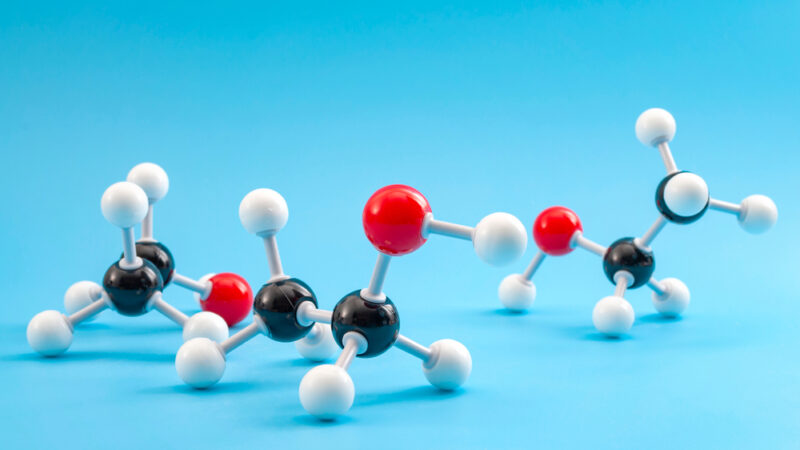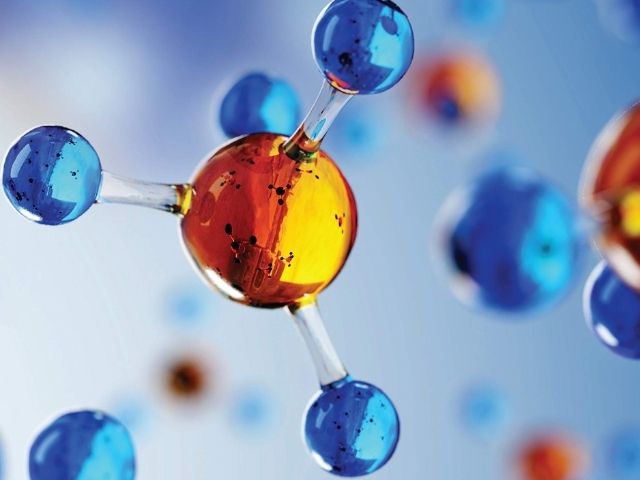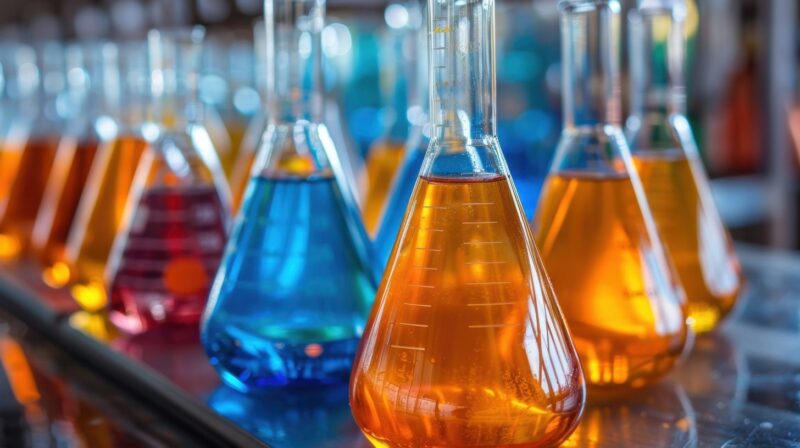In today’s world, manufacturing plays a vital role in our daily lives. From the clothes we wear to the electronics we use, almost everything we interact with has gone through some form of manufacturing process. At the heart of many of these processes lie organic compounds; carbon-based molecules that are fundamental to life itself.
Understanding Organic Compounds

Organic compounds are incredibly diverse, with millions of unique structures and properties. They can range from simple molecules like methane (CH4) to highly complex ones like proteins and DNA. What sets them apart is their carbon backbone, which allows for an incredible variety of arrangements and chemical bonds.
Some key categories of organic compounds ubiquitously used in various manufacturing arenas include:
- Hydrocarbons: Molecules composed solely of carbon and hydrogen atoms, like propane (C3H8), hexane (C6H14), and the diverse alkene and alkyne families.
- Alcohols: Compounds containing a hydroxyl (-OH) group, such as ethanol (C2H6O), isopropyl alcohol, and glycerol.
- Acids: Molecules defined by a carboxyl (-COOH) group, like the pungent acetic acid (CH3COOH) found in vinegar and the fatty acids in plant oils.
Vital Manufacturing Applications
Solvents and Cleaners
According to the good folk over at Trecora, a multitude of organic compounds make exceptionally effective solvents and cleaners because of their specialized ability to dissolve and break down other substances. Hexane, for one key example, is ubiquitously used as a powerful degreaser and cleaner across myriad industries. Industries commonly deploy alcohols like isopropyl alcohol as versatile cleaning agents.
Plastics and Polymers

The vast world of plastics consists predominantly of tremendously long chains of organic molecules called polymers. Some of the most recognizable examples include polyethylene (derived from ethylene, C2H4) used in plastic bags and bottles, and polyvinyl chloride (PVC) used in pipes, construction materials, and countless other applications.
Fuels and Lubricants
Hydrocarbon compounds like gasoline, diesel, kerosene, and natural gas are the primary fuels that power our vital transportation networks and energy sectors worldwide. Additionally, organic oils and greases serve as essential lubricants to keep our industrial machinery running smoothly.
Pharmaceuticals and Cosmetics
Many drugs and cosmetic products either originate directly from organic compounds or contain them as principal active ingredients. The common pain medication aspirin, for instance, is an organic compound synthesized from salicylic acid derived from plants.
The Profound Benefits of Organic Compounds
Versatility

The immense variety of organic compounds allows for a wide range of applications across industries. Scientists can tailor their structures to achieve specific properties and functions.
Renewability
Unlike many inorganic materials, organic compounds can be derived from renewable sources like plants and microorganisms. This makes them a more sustainable option in certain cases.
Environmental Impact
While some organic compounds can be harmful, many are biodegradable and have a lower environmental impact compared to synthetic alternatives.
However, it’s important to note that organic does not necessarily mean safe or non-toxic. Proper handling and disposal of organic compounds is crucial to minimize health and environmental risks.
Looking Forward

As technology advances, the role of organic compounds in manufacturing will likely continue to evolve. Researchers are constantly exploring new organic materials and processes to improve efficiency, sustainability, and functionality.
Additionally, the rapidly emerging field of green chemistry aims to develop more environmentally friendly and renewable alternatives to traditional organic compounds and conventional manufacturing methods. This could open new doors to game-changing developments.
Conclusion
Organic compounds are truly the unsung heroes of modern manufacturing. From the clothes on our backs to the medicines we take, these remarkable carbon-based molecules shape the world in countless ways. Understanding their properties and applications means we can continue to innovate and create a more sustainable future.


